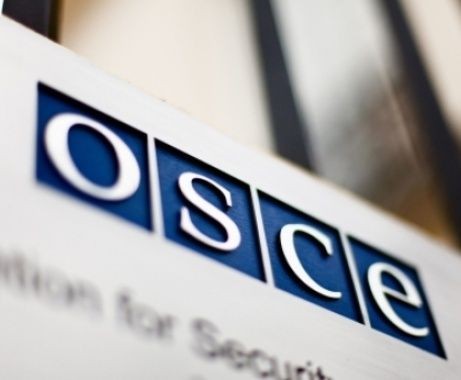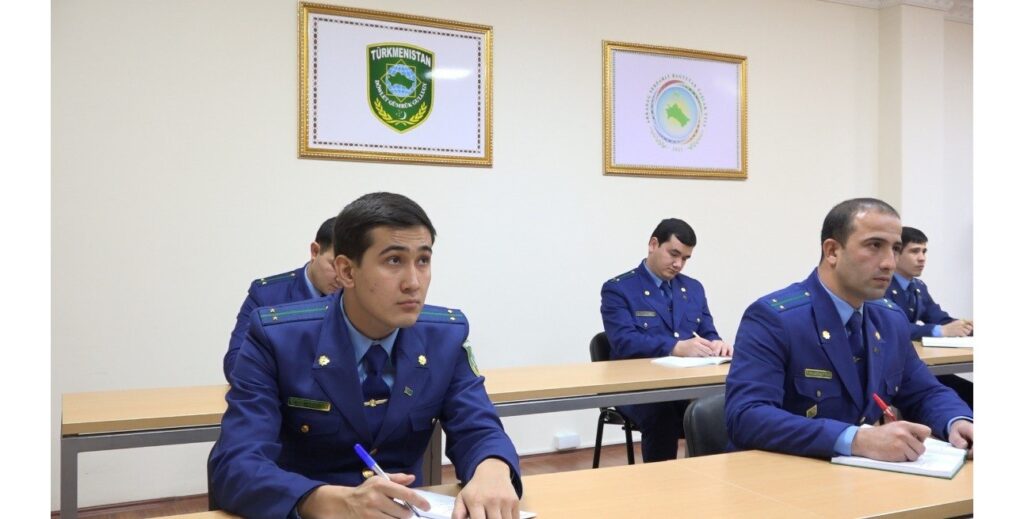BISHKEK (TCA) — A one-week tailored training course on business ethics and anti-corruption measures for more than 30 representatives of public sector, business community and civil society concluded on December 1 in Bishkek, Kyrgyzstan. The course was organized by the Office of the Co-ordinator of OSCE Economic and Environmental Activities (OCEEA) with the support of the OSCE Programme Office in Bishkek to assist the Kyrgyz government and relevant anti-corruption stakeholders in developing and sustaining effective anti-corruption measures through multi-stakeholder partnerships.
Participants learned about the international legal instruments to counter corruption and further improve anti-corruption policy-making. They also studied business and anti-corruption ethics and the implementation of compliance programmes in the private sector.
Together with international experts from Croatia, Germany, Georgia, Russia, Ukraine and the United Kingdom, participants identified major corruption challenges in the country and possible ways to adapt the available best international practices.
“International practice shows that the training of civil servants in business ethics by itself does not yield sustainable results. However, when ethics are integrated into the daily management system of public bodies, high results are achieved in the area of anti-corruption,” said Nuria Kutnaeva, Head of the Sector for Analysis and Forecasting of Security Threats at the Secretariat of the Security Council of the Kyrgyz Republic.
Ambassador Valeriu Chiveri, Deputy Head of the OSCE Programme Office in Bishkek said: “The promotion of good governance and transparency, and the fight against corruption are integral to the OSCE’s mandate to build and support a comprehensive approach to security. In this respect, these tailor-made trainings supplement the OSCE Programme Office in Bishkek’s multi-year efforts in promoting good governance standards in the Kyrgyz Republic.”
These workshops are part of an OSCE-led extra-budgetary project on fostering a participatory approach towards preventing corruption in Central Asia. The project is designed to assist governments in developing and implementing national corruption prevention policies in three pilot countries – Kyrgyzstan, Kazakhstan and Tajikistan.
The project is funded by Austria, Belgium, Luxembourg, Norway, Serbia and Liechtenstein.









